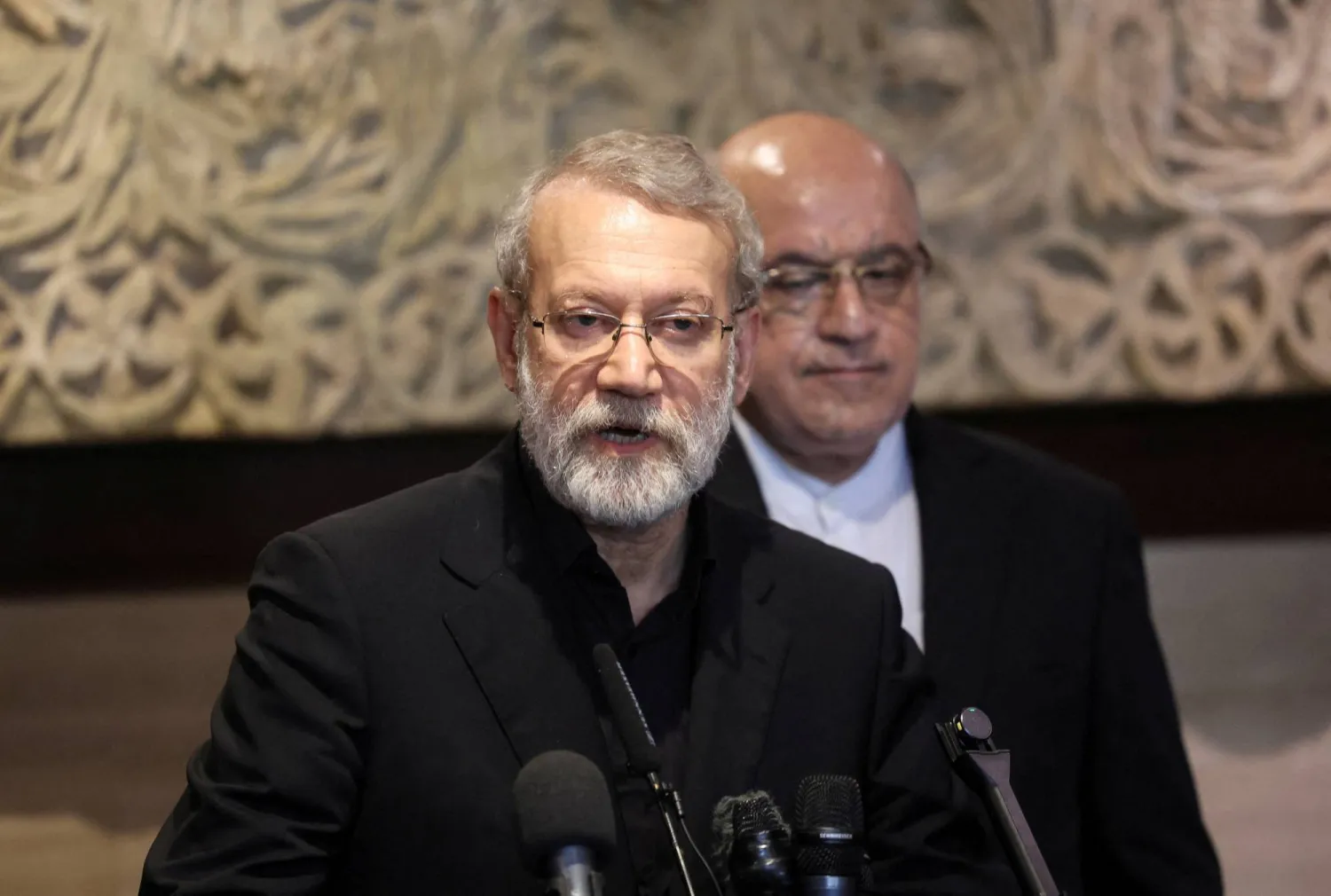The US ambassador to the United Nations called Iran “the world’s number one sponsor of terrorism” on Thursday and warned Russia and China that they will become “co-sponsors” if they block a resolution to extend the UN arms embargo on Iran.
Ambassador Kelly Craft said the United States hopes Russia and China “will not be co-sponsors of the number one state that sponsors terrorism” and “will see the importance of peace in the Middle East.”
But she was quoted as saying by The Associated Press that the partnership between Russia and China, not only on backing Iran, is very clear. “They’re just going to be promoting chaos, conflict and mayhem outside their borders, so we have to just corner them.”
Craft and Brian Hook, the top US envoy for Iran, briefed a group of reporters following Secretary of State Mike Pompeo’s announcement Wednesday that the United States will call for a Security Council vote next week on a US-drafted resolution to extend indefinitely the arms embargo that is due to expire Oct. 18. Hook announced hours later he is stepping down from the post.
The foreign ministers of Russia and China in separate letters to UN Secretary-General Antonio Guterres and the Security Council last month were sharply critical of the US effort, and gave every indication they would veto the resolution if it gets the minimum nine “yes” votes in the 15-member council, which appears unlikely.
If the vote fails, Pompeo suggested the US would invoke the “snapback” mechanism that would restore all UN sanctions on Iran.
Snapback was envisioned in the 2015 nuclear deal in the event Iran was proven to be in violation of the accord, under which it received billions of dollars in sanctions relief in exchange for curbs on its nuclear program.
Russian Foreign Minister Sergei Lavrov accused the Trump administration of unleashing a politically motivated campaign against Iran and called for “universal condemnation” of the US attempt to impose a permanent arms embargo on Iran.
He said President Donald Trump withdrew from the 2015 nuclear agreement between Iran and six major powers and now has no legal right to try to use the UN resolution endorsing the deal to indefinitely continue the embargo.
Chinese Foreign Minister Wang Yi said the arms embargo should be lifted Oct. 18. He also referred to the “snapback” provision, saying that since the US is no longer a party to the nuclear deal it “has no right to demand the Security Council to activate the rapid reinstatement of sanctions mechanism.”
The vote on the US-drafted resolution, which could come as early as Monday, and its expected defeat will set the stage for a potential crisis at the Security Council amid rising tensions in the Middle East and the US determination to maintain the UN arms embargo.
The five remaining parties to the 2015 nuclear deal — Russia, China, Britain, France and Germany — are determined to maintain it, and are very concerned that extending the arms embargo would lead to Iran’s exit from the agreement and its speeded-up pursuit of nuclear weapons.
Hook, the US envoy, said Iran has not been cooperating with the UN nuclear agency for a year and “there isn’t some acceptable level of non-compliance that we will accept out of fear that they’ll do something worse.”
“That is by definition nuclear blackmail,” he said. “We just don’t follow that playbook.”
Hook said Iran has been able to move a lot of weapons “in the dark" to proxies in the Middle East despite the arms embargo so “imagine what they will be able to accomplish in broad daylight.”









